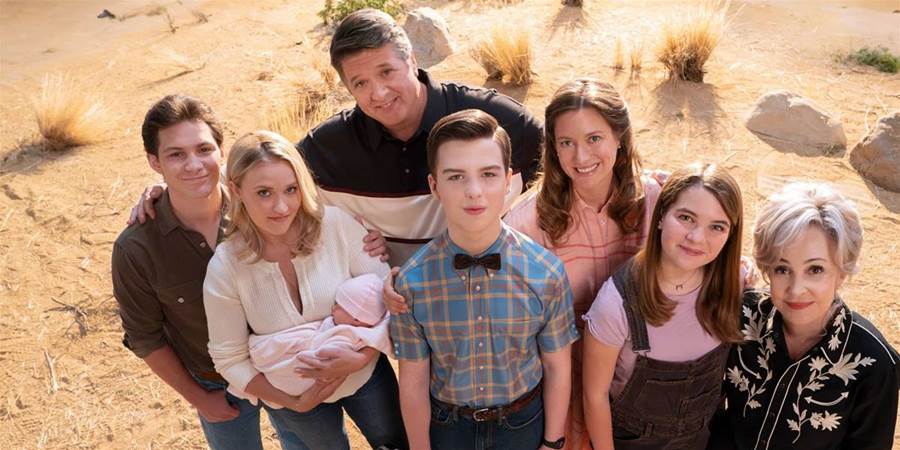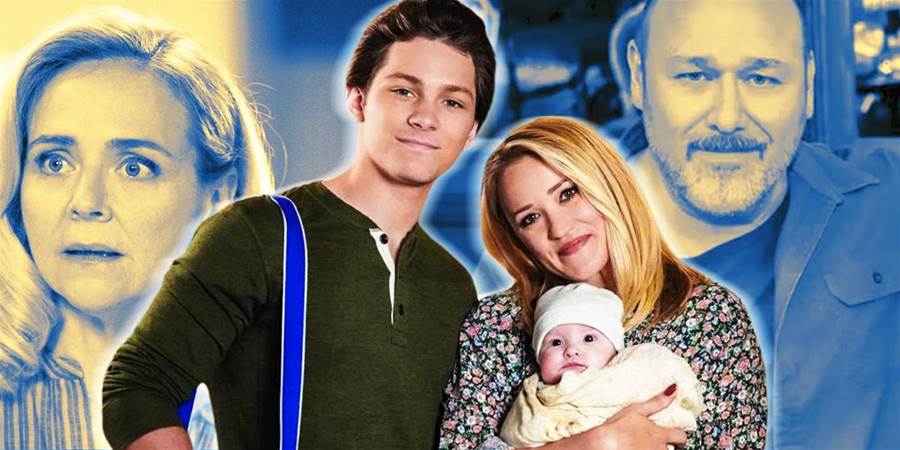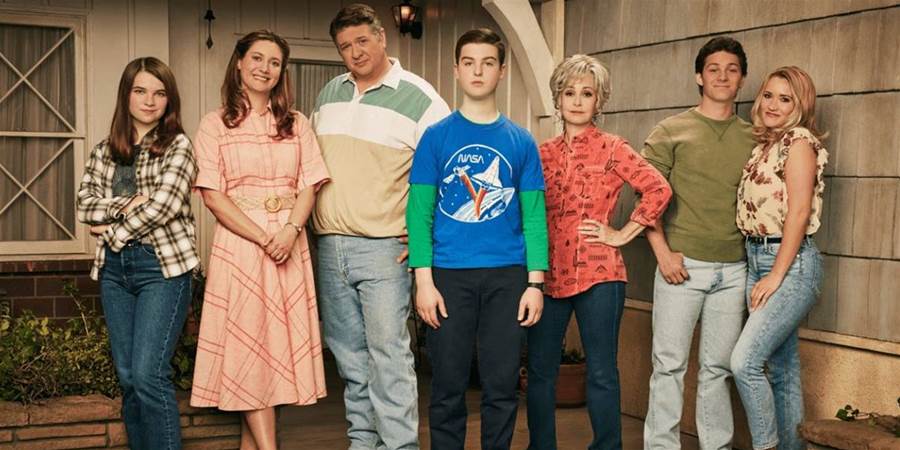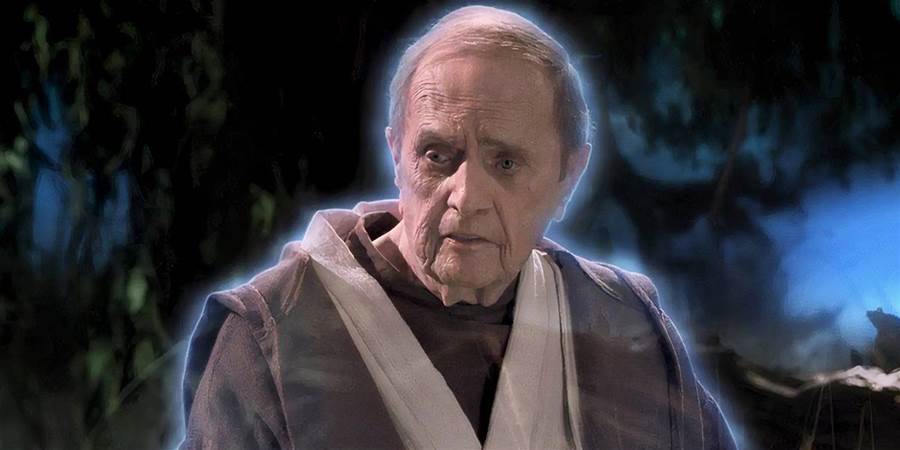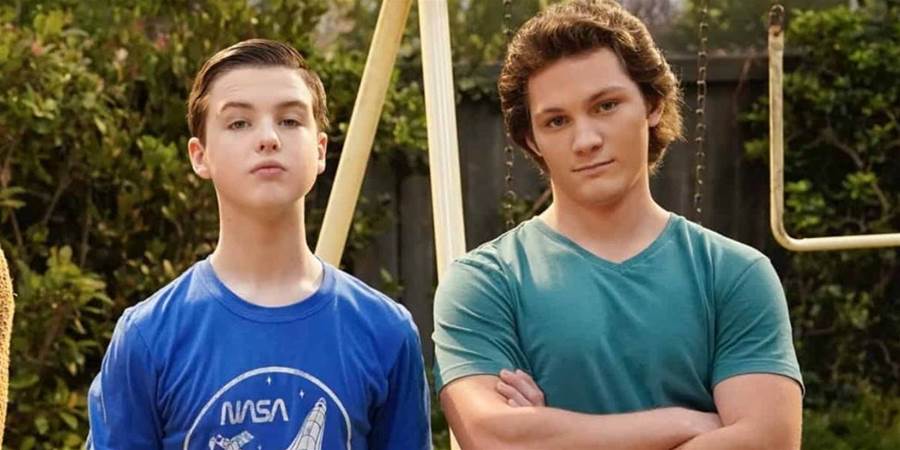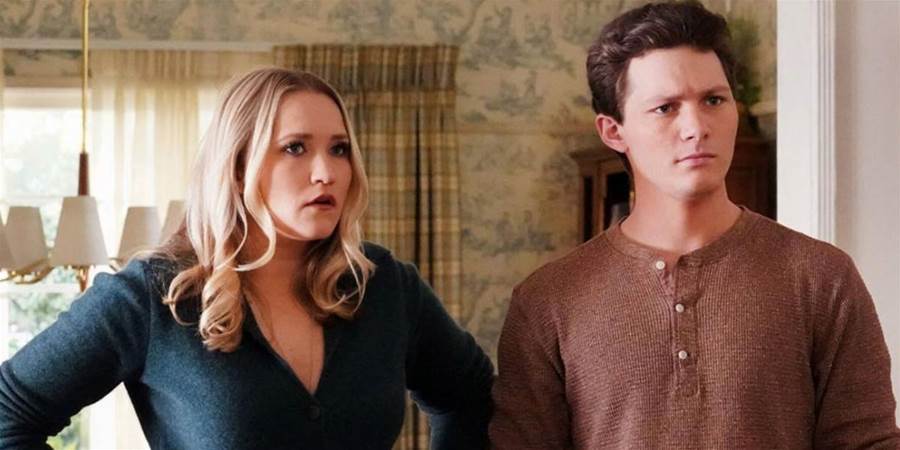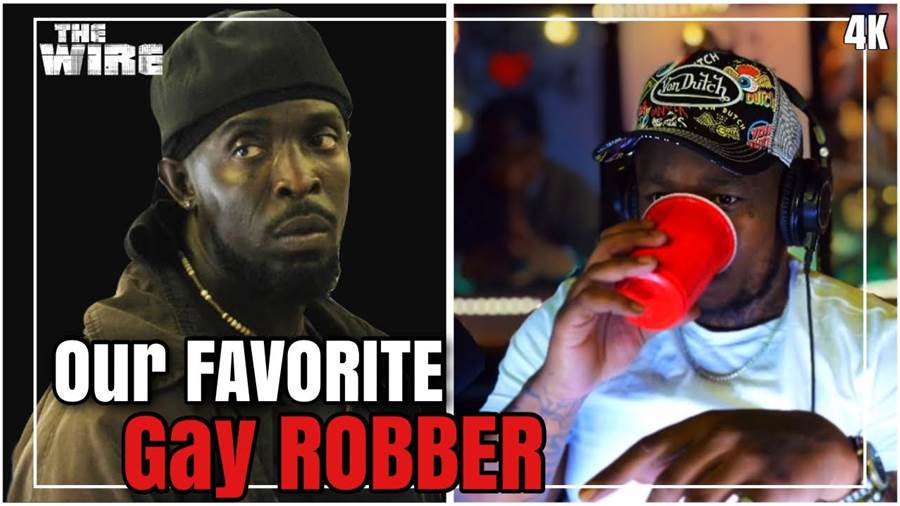
Title: "The Wire: Is Omar a Part of the Gay Agenda? Michael K. Williams Clarifies"
In a recent article, the focus is firmly on popular television series "The Wire," specifically analyzing the character Omar Little and his potential connection to the "gay agenda." Actor Michael K. Williams, who portrayed Omar on the show, provides much-needed insight and clarification on this matter.
"The Wire" is renowned for its gritty portrayal of life in Baltimore, highlighting various social issues prevalent in those communities. Omar Little, a key character in the series, is a gay, morally ambiguous stick-up artist, who robs drug dealers in the city.
However, Michael K. Williams debunks such notions in this article. He explains that the intention behind Omar's character was not to serve any specific agenda but rather to reflect a diverse and realistic representation of the Baltimore community. Williams emphasizes that Omar's sexual orientation was not a defining aspect of his character but rather a part of his overall depiction, meant to show the complexities within the show's universe.
Furthermore, Williams highlights that the series aimed to depict a true representation of life in Baltimore, shedding light on the multitude of experiences and identities present in the community. "The Wire" tackled numerous themes and issues including crime, poverty, corruption, and yes, even homosexuality. The inclusion of LGBTQ+ characters and storylines was integral to providing a nuanced perspective on the city's various communities.
Williams also shares his personal experience as an actor playing Omar. He reveals the initial challenges he faced when stepping into the role, as he, too, carried some stereotypes and prejudices.
In conclusion, Michael K. Williams dismisses the idea that Omar's character in "The Wire" was created to push any particular agenda, including the "gay agenda." Williams clarifies that the show aimed to offer a realistic portrayal of Baltimore, including the diversity of sexual orientations present in the community. By portraying Omar's character with sensitivity and depth, the show helped humanize LGBTQ+ individuals and contribute to a more inclusive portrayal of society.

